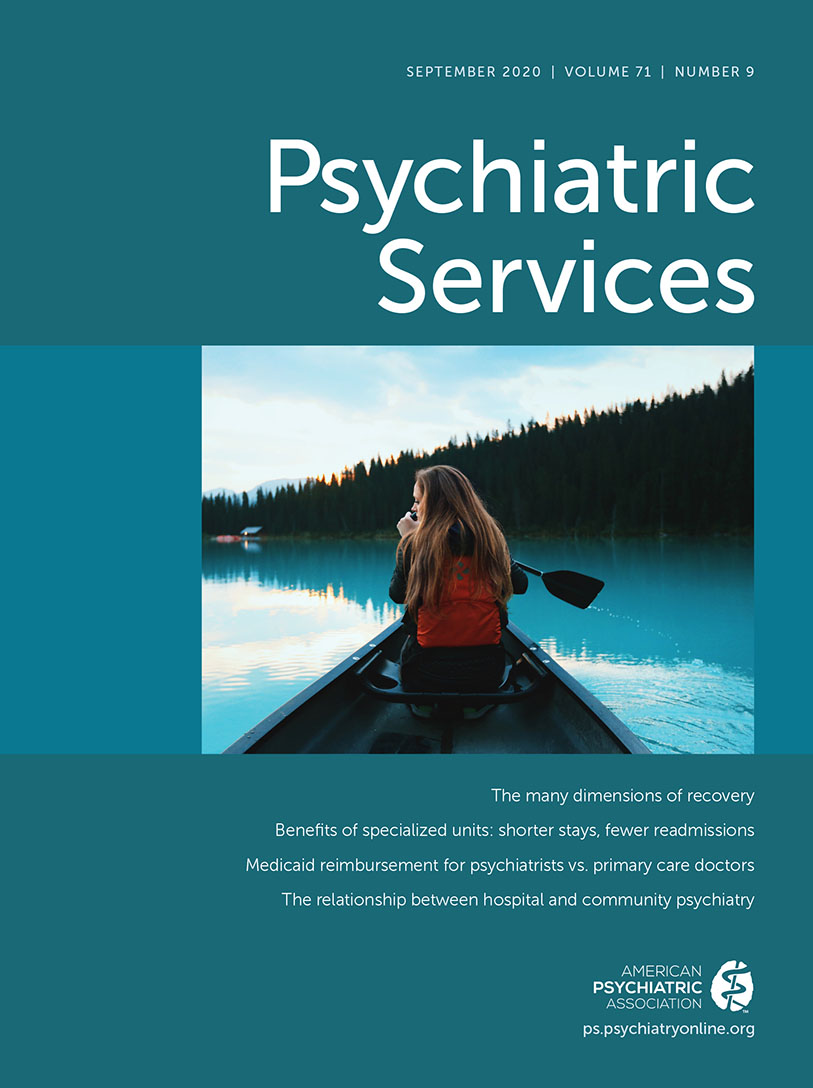Comparison of Medicaid Reimbursements for Psychiatrists and Primary Care Physicians
Abstract
Objective:
This study aimed to investigate whether state Medicaid programs systematically reimburse psychiatrists less than they reimburse primary care physicians.
Methods:
This study used outpatient Medicaid claims data from 2014 for 11 U.S. states. Claims with a primary behavioral health diagnosis (i.e., mental or substance use disorder) and an evaluation and management procedure code of 99213 or 99214 were identified. These are the most frequently used procedure codes by both psychiatrists and primary care physicians when treating patients with mental and substance use disorders. Average reimbursements were compared for nonfacility claims submitted by psychiatrists and primary care physicians.
Results:
In 9 states, psychiatrists were reimbursed less on average than primary care physicians. In one state, reimbursements were nearly equivalent.
Conclusions:
Disparities in reimbursements across specialties may reduce access to psychiatric specialty care through Medicaid and are inconsistent with the Mental Health Parity and Addiction Equity Act.



